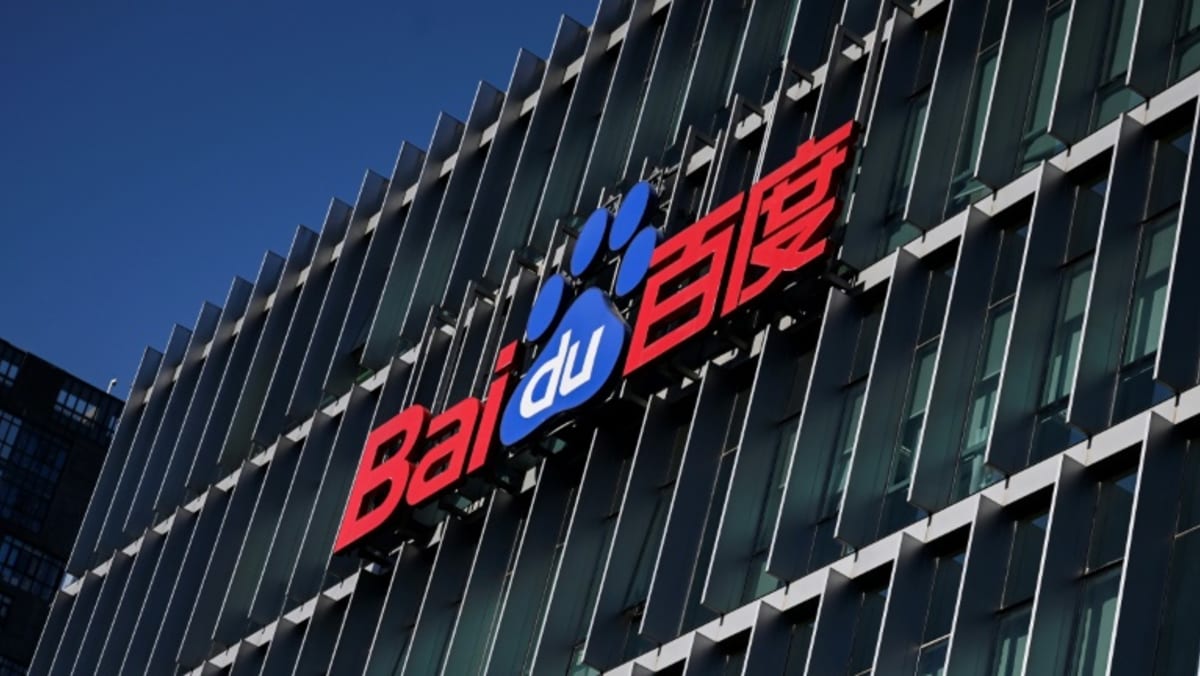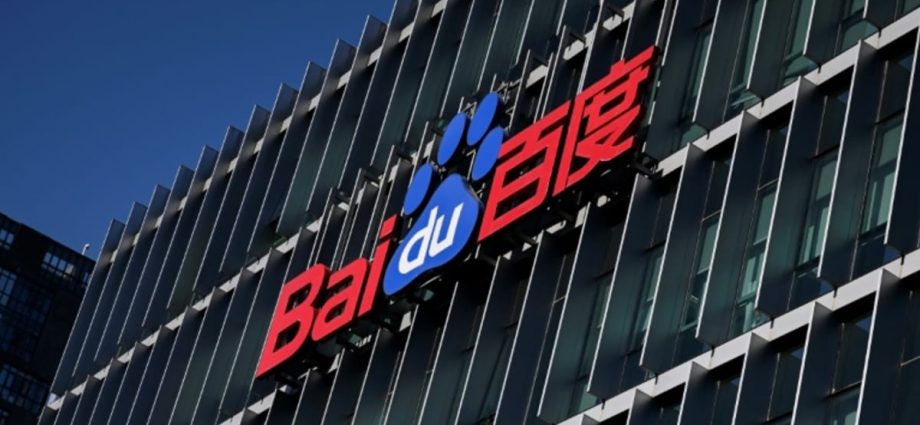
The strict restrictions on the Chinese internet mean companies have “significantly less data resources for training purposes compared to Western competitors”, Lauren Hurcombe, a technology lawyer at DLA Piper, told AFP.
Ernie Bot has not yet been launched for public use.
China has announced ambitious plans to become a global leader in the field of AI by 2030, and consultancy group McKinsey estimates the sector could add about US$600 billion every year to China’s gross domestic product by then.
Most of the growth will come from producing driverless cars, adding more robots to assembly lines and healthcare breakthroughs, according to McKinsey, and the government has also used AI to beef up its mass surveillance programme.
However, Washington has moved to suffocate China’s technology ambitions, blocking through sanctions its access to high-grade chips, chipmaking equipment and software used to design semiconductors.
This has made it difficult for Chinese companies to buy chips including Nvidia’s A100 and its successor H100, considered the gold standard for large-scale AI training systems.
“There is a real question whether a domestic supply can be generated in the short term,” Hurcombe said.
AI GAP
But the effect of the US measures will take time to make a dent because Chinese companies rushed to stockpile high-end chips before Washington announced the export controls in October.
Baidu has its own chip design arm, Kunlun, and the company says it is capable of mass-producing a seven-nanometre chip that is partly used to power its AI systems.
Dou Shen, head of Baidu’s AI Cloud group, shrugged off questions about the impact of the US restrictions during a call with investors in November, saying: “We think the impact is quite limited in the near future.”
For years, China has bragged about filing more artificial intelligence patent applications than the United States.
But the average number of citations of its patents – an indication of the importance and originality of its inventions – lagged behind the United States and other developing countries in 2020 and 2021, according to Stanford University’s AI Index 2022 report.
The United States also had twice as many AI start-ups as China, and had three times more private investment flowing into the sector in 2021, according to the report.
The Chinese government’s top-down approach to spurring innovation has failed to deliver results.
The Beijing Academy of Artificial Intelligence, established in 2018, introduced a ChatGPT-like product two years ago.
Wu Dao was described by its creators as “the world’s largest” AI language model with 1.75 trillion parameters, which is significantly larger than OpenAI’s previous GPT-3 model with 175 billion parameters. But it never really caught on.

